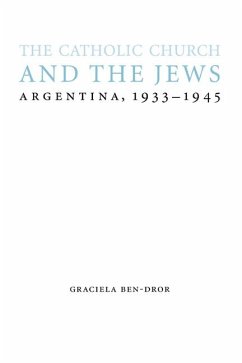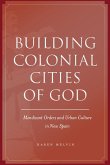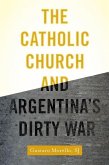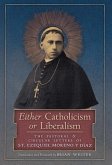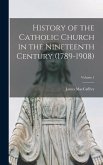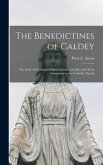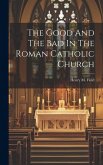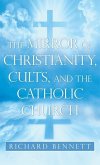The impact of events in Nazi Germany and Europe during World War II was keenly felt in neutral Argentina among its predominantly Catholic population and its significant Jewish minority. The Catholic Church and the Jews, Argentina, 1933-1945 considers the images of Jews presented in standard Catholic teaching of that era, the attitudes of the lower clergy and faithful toward the country's Jewish citizens, and the response of the politically influential Church hierarchy to the national debate on accepting Jewish refugees from Europe. The issue was complicated by such factors as the position taken by the Vatican, Argentina's unstable political situation, and the sizeable number of citizens of German origin who were Nazi sympathizers eager to promote German interests. Argentina's self-perception was as a "Catholic" country. Though there were few overtly anti-Jewish acts, traditional stereotypes and prejudice were widespread and only a few voices in the Catholic community confronted the established attitudes.

